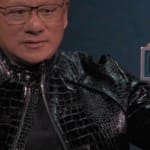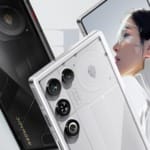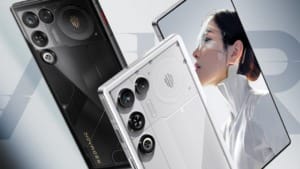Tesla partners with Samsung in US$16.5 billion AI chip deal for robots, cars and data centres
Tesla signs US$16.5 billion chip deal with Samsung to develop AI6 for robots, data centres and self-driving cars.

Tesla has officially signed a US$16.5 billion agreement with Samsung to manufacture its next-generation AI6 chip, marking a significant move in the electric vehicle company’s expansion into artificial intelligence hardware. The chip will be developed for use across a wide range of AI-powered applications, including humanoid robots, autonomous vehicles and large-scale AI data centres.
The agreement, disclosed through a South Korean regulatory filing and later confirmed by Tesla CEO Elon Musk, will remain in effect through the end of 2033. Samsung initially withheld the identity of the customer involved in the deal due to a confidentiality request. However, Musk later confirmed Tesla as the client, stating that Samsung’s new fabrication facility in Texas would be tasked with producing the AI6 chips.
AI6 chip to power Tesla’s next generation of AI technologies
The AI6 chip represents the latest advancement in Tesla’s efforts to develop advanced hardware that supports its artificial intelligence infrastructure. Elon Musk announced that Tesla would work closely with Samsung to refine the chip manufacturing process, and that he would personally oversee developments at the Texas-based plant.
Designed to serve a broad spectrum of functions, the AI6 chip is expected to be integrated into Tesla’s humanoid robot programme, future generations of its autonomous driving systems, and AI data processing facilities. It follows the company’s earlier AI4 chip, which is currently in operation, and the AI5 chip, which has completed the design phase.
The AI5 chip is set to be manufactured using a 3nm process by TSMC. However, during Tesla’s Q2 2025 earnings call, the company revealed that AI5’s production would be delayed by a year, now anticipated to begin at the end of 2026. No specific reason was given for the delay.
Tesla has described the AI6 as a highly adaptable platform capable of scaling across different tasks, from compact robot control systems to demanding inference workloads. The company also stated that the chip would deliver nearly ten times the inference performance of current hardware, potentially a significant leap as Tesla pursues fully autonomous vehicle technology.
Samsung gains strategic boost in chip manufacturing race
Samsung’s partnership with Tesla represents a substantial win for its foundry business, which has been competing with industry leader TSMC for dominance in the advanced semiconductor market. The collaboration with Tesla is expected to bolster Samsung’s efforts to catch up with its rival, particularly in the rapidly growing AI sector.
In anticipation of increasing demand, Samsung is heavily investing in its next-generation chip technology, focusing on 2nm production processes that could position the company to secure additional AI-related contracts in the future.
Industry observers have noted that Tesla may be nearing the performance ceiling of its current AI4 architecture. According to Jim Keller, a former Tesla chip architect known for his work at Apple, AMD, and Intel, achieving true full self-driving capability would likely require a 5- to 10-fold performance improvement over the AI4 platform. The development of the AI6 chip, therefore, may be a crucial step toward realising that goal.
The partnership also highlights Tesla’s broader ambition to establish itself as a key player in the AI hardware ecosystem, beyond its well-known electric vehicles.
















